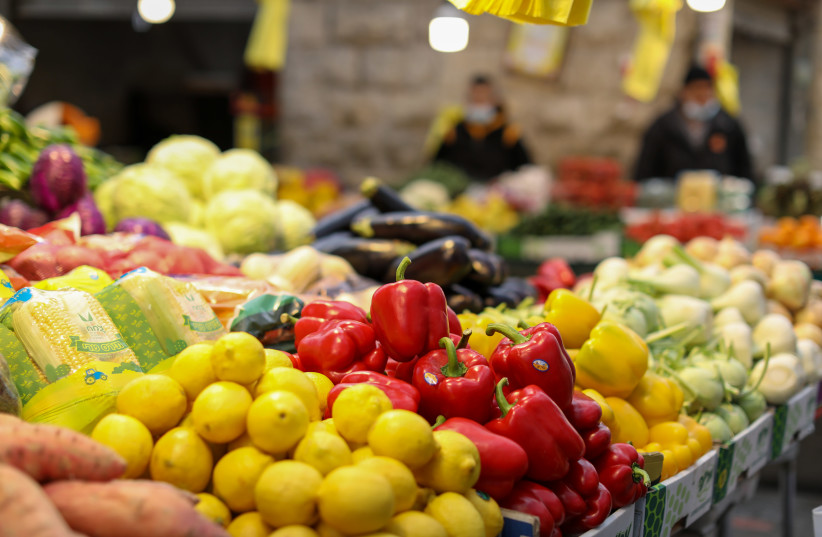Food waste is a global issue, and it has caused and continues to cause a huge loss of environmental, social and economic resources. Israel produces 2.5 million tons of food waste every year — about a third of local production, according to data from Leket, the national food bank, for 2021. 50% of the food thrown away is fit for human consumption yet ends up in the trash. Why?
Food gets thrown out as a result of behavior patterns, lack of awareness, purchasing habits and more. This adds up to about a quarter of the food that we buy for our own consumption that gets thrown out. The good news is that, with a little awareness and correctness, food waste can be greatly reduced.
Kids are the best partners to eat and use food properly — and this experience with them can be creative and enjoyable. The responsibility of parents is to teach them to reduce food waste. Kids learn how to behave through the actions and messages that are conveyed and exhibited around them. If they see their parents tossing the contents of a pot that was in the fridge, or loading up plates with food that will be sampled and then promptly tossed, they’ll think that it’s ok to throw away food.
Here are some ideas to help kids develop a sense of worth towards food from an early age, and to start reducing waste.
Grow food together

Use the roof, porch or a community garden to show kids how to grow vegetables, fruits or spices that can be used for home cooking. Kids will experience closeness and familiarity with the food they eat and understand the resources needed to grow food. This will create a sense of worth for the food they eat — it is harder to throw something you have respect for.
Don’t overload plates
Most parents want kids to eat the widest variety of foods possible but many meals, unfortunately, end with a lot of food in the garbage. Tip: Give kids small portions of foods that they will eat, and give them second portions after a short break.
Volunteer
Another way to increase the sense of value toward food among kids about waste is to take them to volunteer activities in a place where they can collect fruits and vegetables. There is also the option of a "collection project" to collect food for the needy from cafes and restaurants at the end of the day.
Cook together
Invite your children to join you in the kitchen as you make, say, a banana cake with bananas that are ripening, or a quiche with cheese nearing its expiration date, or a matbucha with soft tomatoes. They will see how ingredients that are less attractive can become really delicious dishes.
Shop with the kids
It's hard to get around to grocery shopping these days, but if you do go, bring your kids with you. Show them that even the least beautiful or special-looking vegetables and fruits can be eaten and are good. You can also take products that are almost expired and cook them immediately.
If you don’t go shopping, another option is to plan meals together and ask them what they want to buy and prepare so they feel involved in the process.
Planning for the future
Any action taken to reduce food waste will allow us to ensure the resilience of Israel and contribute to the present and future well-being of society for us and our children. Feel free to visit the LoveFoodNotWaste site.
The author is the CEO and founder of the organization The Natural Step.
